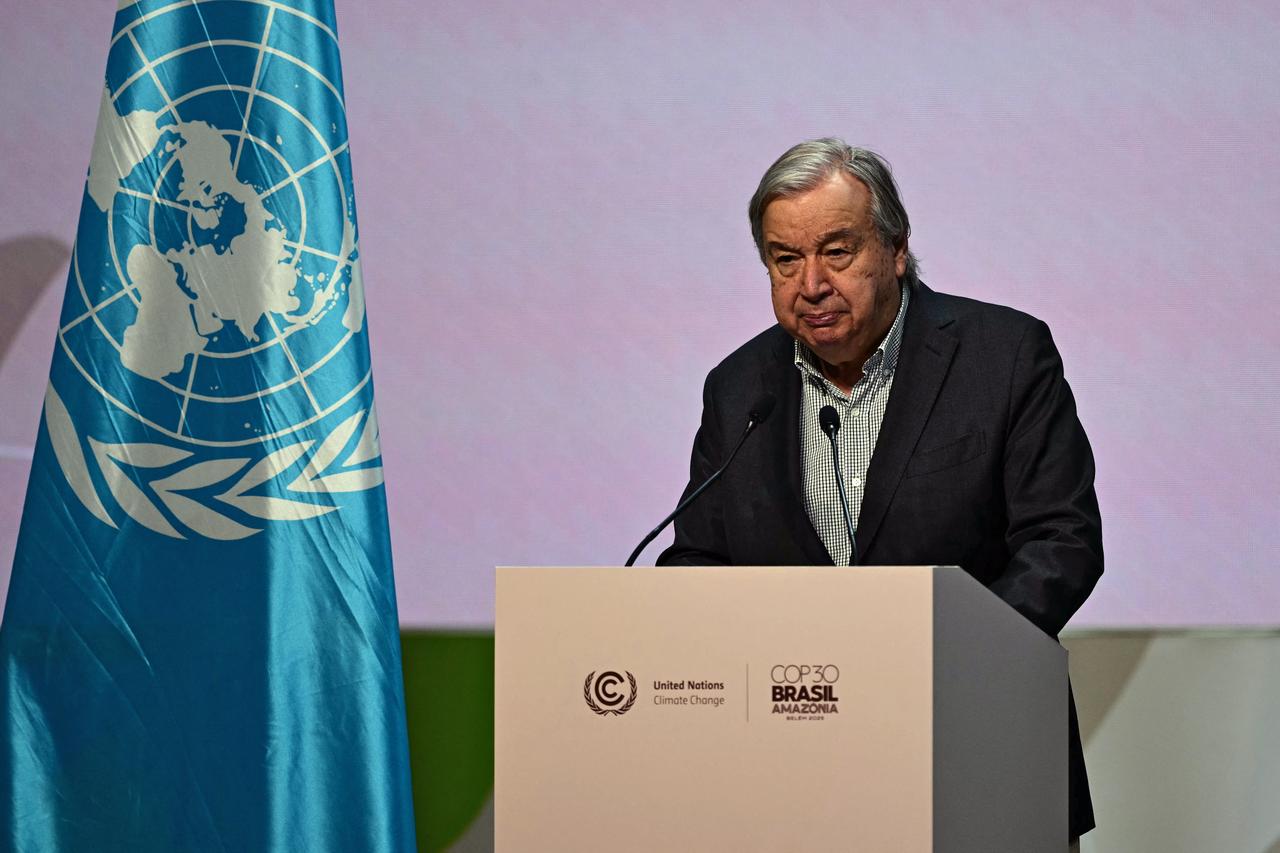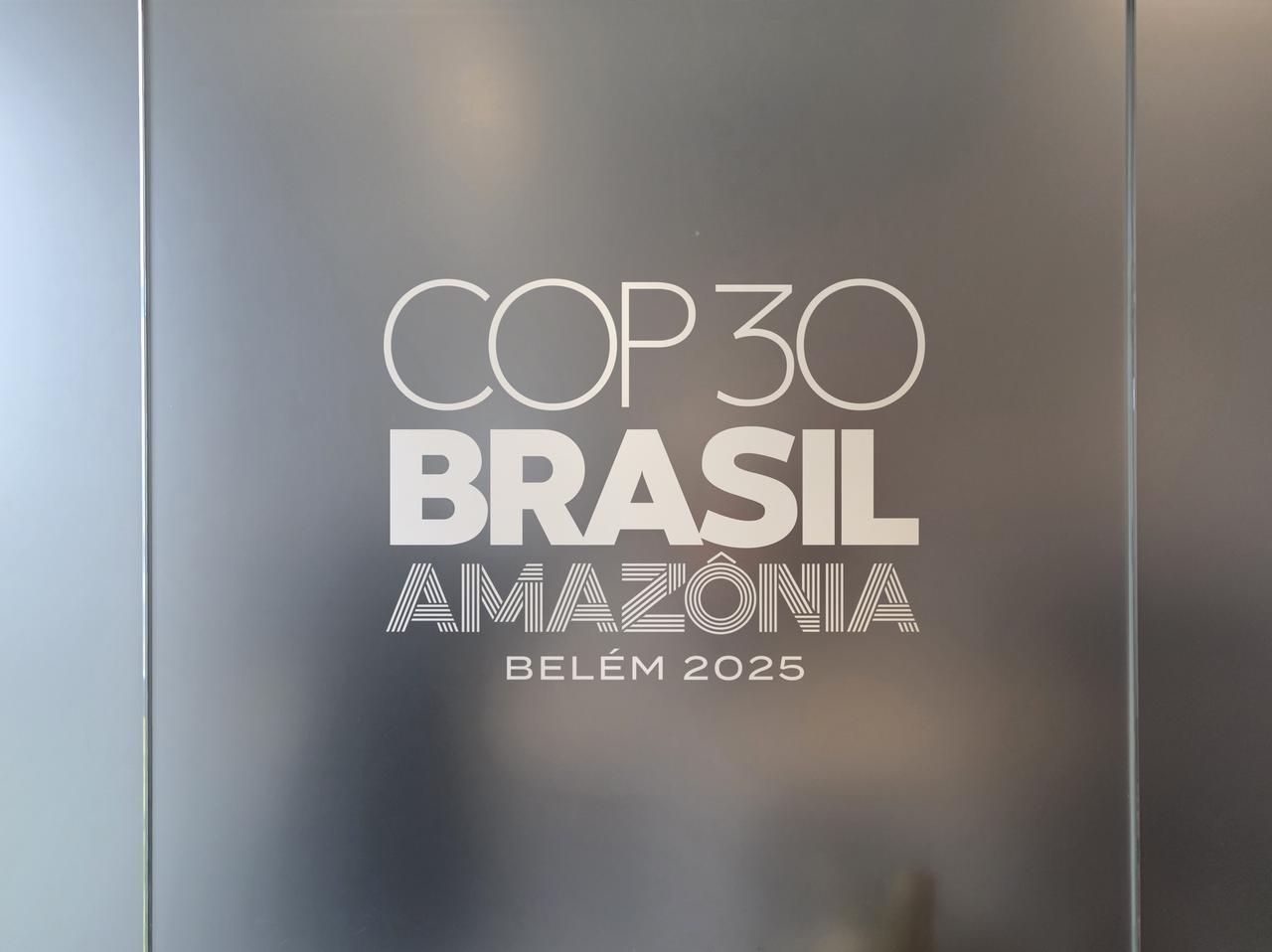
United Nations Secretary-General Antonio Guterres issued a stark warning on the worsening climate crisis during the COP30 U.N. Climate Change Conference in Belem, Brazil, stating that scientific data indicate the global temperature rise is likely to exceed 1.5°C by the early 2030s.
He stressed that failing to act decisively could lead to widespread hunger, more frequent disasters, and mass displacement around the world.
Guterres noted that despite decades of denial by some groups, current scientific evidence shows that exceeding the 1.5°C threshold is almost unavoidable unless unprecedented action is taken.
He emphasized that the consequences would be particularly severe for vulnerable populations, whose livelihoods and food security are already under threat from climate-related events.

While the projections are alarming, Guterres highlighted that bold and immediate measures could still reduce global warming to below 1.5°C by the end of the century. Achieving this goal, however, requires global consensus, courageous leadership, and long-term commitment.
He warned that developed nations are running out of time to honor their climate commitments, and their inaction is already being felt by communities around the world.
“The world is watching Belem. Communities are asking, looking at flooded homes, failed harvests, and lost livelihoods: How much more suffering will we endure?”
The U.N. chief stressed that climate action must prioritize people over profit. He called for rapid reductions in greenhouse gas emissions, a transition away from fossil fuel dependence, and substantial financial support to help countries implement these measures.
Guterres noted that with the right support, most countries could halve emissions within a decade, achieve net-zero by 2050 and eventually reach net-negative emissions. However, he emphasized that such progress is impossible without predictable, accessible, and guaranteed funding, urging developed countries to allocate at least $300 billion annually by 2035 for climate initiatives.